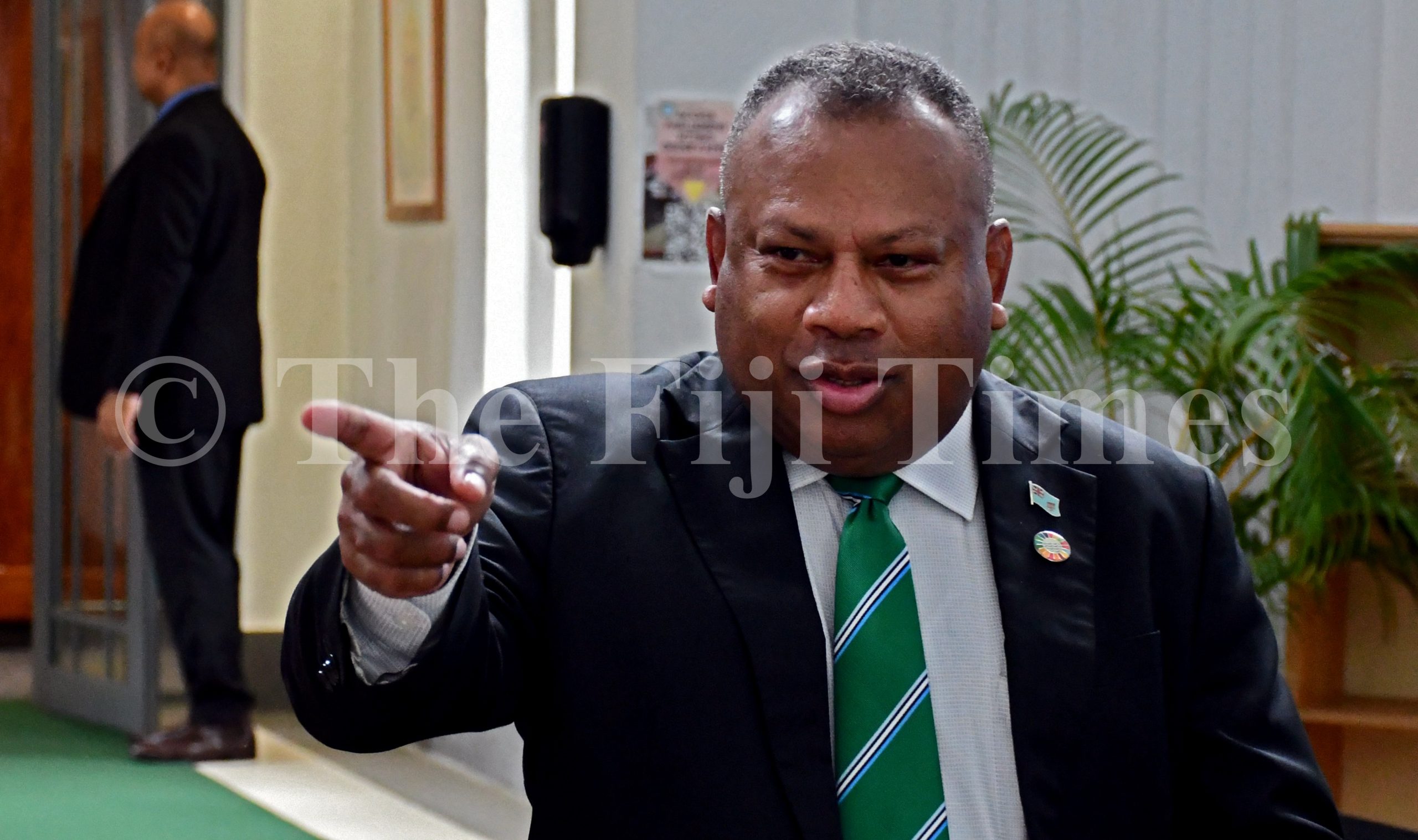Fiji must get to the root of the coups that destabilised the country, starting with 1987, 2000 and 2006, before any process is undertaken to amend the 2013 Constitution.
Opposition Leader Inia Seruiratu, shared in a media statement released yesterday, that there must be a comprehensive talanoa with full disclosures of what transpired in Fiji.
Mr Seruiratu said any revamped constitution must ensure the strengthening of the principle of popular sovereignty, which asserted that the people were the ultimate source of power, hence they should have a bigger say in how they were governed.
“We need to know what really happened, and who was behind all of these events that shook Fiji, and pushed us backwards on the development path,” he said.
“Such a talanoa is the basis for a full transparency and reconciliation process.”
He referred to a public lecture held by Constitutional law expert from the Australian National University, Professor Anthony Regan, in Fiji recently.
Mr Seruiratu also referenced the end-of-week statement delivered by Independent member of Parliament Viliame Naupoto last week, reiterating the call to review the 2013 Constitution.
Mr Seruiratu said as with all legal documents, a constitution must be considered a “living document” and should be subjected to review.
He said the previous 1970 and 1997 were held in high regard, however, the events of 1987, 2000 and 2006 had still transpired.
“What this demonstrates is that constitutions do not solve problems. There must be a shared commitment, built around our diversities, to the aspirations and the spirit of the Constitution, to make it work.
“Government must now show leadership to pave the way forward in ensuring that the outcome of any review is acceptable to all, and is sustainable in the long term. A review of the Constitution must undergo a rigorous process.”
He said the first step in this process must be the convening of talanoa sessions or political dialogue which involved political and community leaders.
“This is a necessary part of the process, without which ‘we will continue to drift apart, our differences become untenable, our fears grow palpable, and our distrust circles without end’.
“This is important to ‘shine the light’ on all the dark corners of society.
“One of the key benefits of such talanoa sessions is that it can reveal the beauty and symmetry of our differences and enable us to reset our moral compass, thus allowing us to unite around our disagreements, our differences, and of course our agreements.”
And Mr Seruiratu said in the end, we all needed each other.
He said the Truth and Reconciliation Commission, which was premised on the outcomes of the talanoa sessions, was the next step in the process, followed eventually by the review of the constitution itself.
“The common denominator in this whole process must be the future of our nation, and all those who call Fiji their home.”



